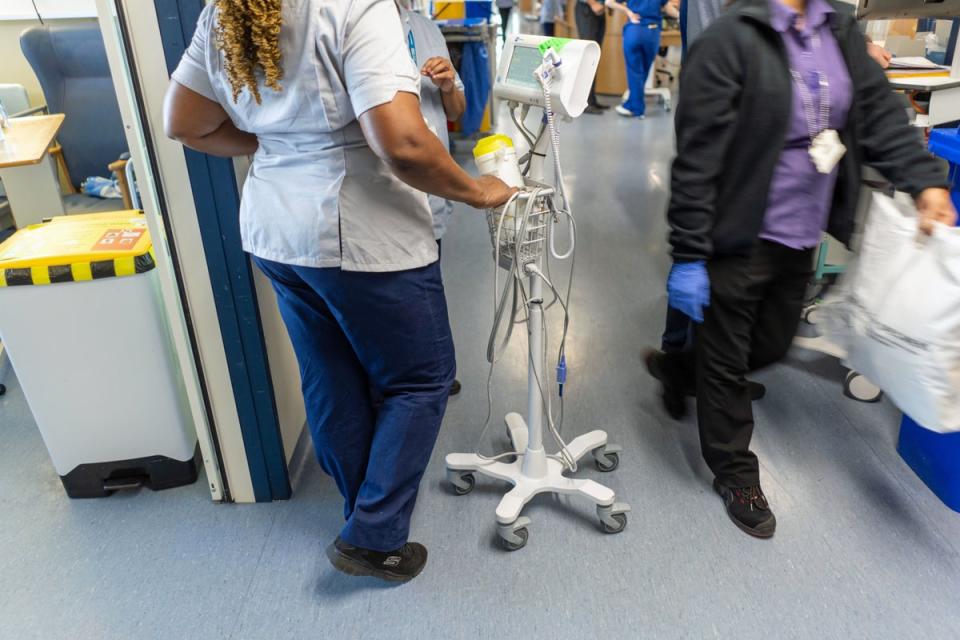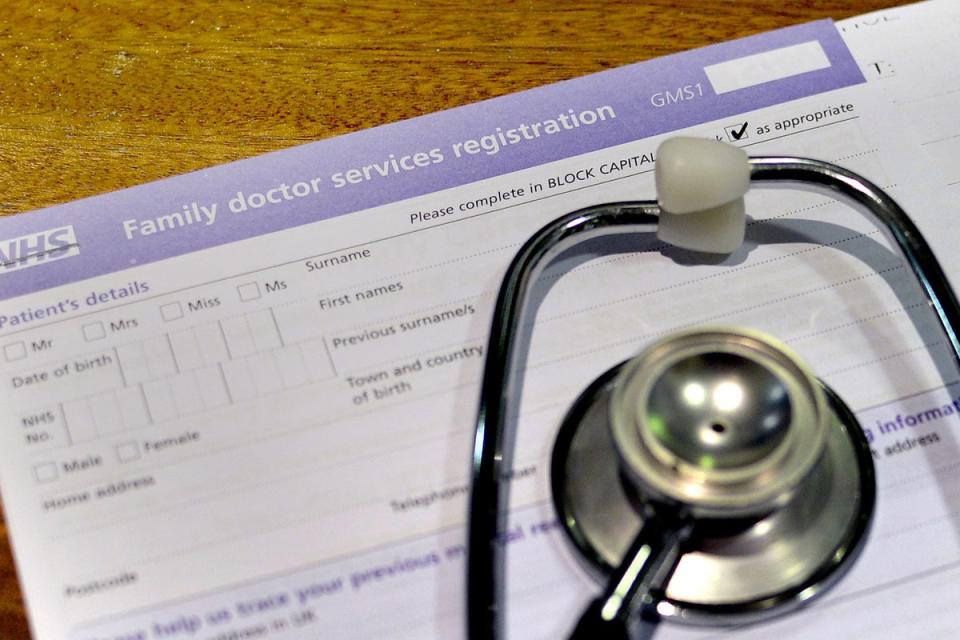Exhausted workers and understaffed NHS is putting cancer patients at risk, warns ombudsman

An overstretched, understaffed health service with exhausted workers under “unsustainable pressure” is putting cancer patients at risk, England’s health ombudsman has warned.
England’s health ombudsman Rob Behrens is now calling for “concerted and sustained action” from the government to allow NHS leaders to put patient safety first.
It comes as Parliamentary and Health Service Ombudsman (PHSO) figures revealed 1,019 investigations relating to cancer were carried out between April 2020 and December 2023. Of the complaints, 185 cases were upheld or partly upheld.
The most common issues involved the likes of treatment delays and misdiagnosis, while the majority of investigations involved patients with lung cancer, breast cancer and colorectal cancer.
Other concerns included poor communication in cancer care, as well as referrals, end-of life care and how organisations handled complaints.

John Eastwood, 79, was left “disgusted” at the care his wife of 54 years Sandra received after going to York Hospital with abdominal pain in June 2020.
CT scans showed a mass in the grandmother’s abdomen, which medics put down medication she was taking following a heart valve replacement.
She was discharged, but returned to hospital in May 2021 when her symptoms got worse, and was eventually diagnosed with gastro-intestinal stromal tumour, a rare cancer of the digestive system.
Ms Eastwood was told the cancer was terminal in January 2022 and died four months later.
Mr Eastwood described his late wife as “wonderful”, adding: “I feel absolutely disgusted with the ‘care’ she received from the hospital. They didn’t investigate the scan results and just put it down to Warfarin straight away.
“It seemed like the medical teams did not communicate with each other and everything felt very disjointed. They left her in agony for months before she died.”

The PHSO recently closed its investigation on Ms Eastwood’s death, claiming the delay meant she missed out on the chance of treatment which has a 95 per cent survival rate.
Her scans were not interpreted correctly, the probe found, and the images should have been reviewed by a multi-disciplinary, with further investigations of the mass performed within three months.
A spokesperson for York and Scarborough Teaching Hospitals NHS Foundation Trust said they “fully accept” the ombudsman’s findings and apologise for the distress caused to Ms Eastwood and her family.
They added that the trust has made a number of improvements and agreed to change its practice following the case.
Health ombudsman Rob Behrens said: “Everyone deserves safe and effective care.
“But patient safety will always be at risk in environments that are understaffed and where staff are exhausted and under unsustainable pressure.”
The latest figures from NHS England showed 74.2 per cent of patients urgently referred for suspected cancer in December 2023 were diagnosed or had cancer ruled out within 28 days, behind the 75 per cent target but up from 71.9 per cent the previous month.
However, analysis by the BBC published last month claimed cancer waiting times last year in England were the worst on record.
Only 64.1 per cent of patients started treatment within 62 days of cancer being suspected, meaning nearly 100,000 waited longer than they should.
The waits have worsened every year for the past 11.
Mr Behrens called for “concerted and sustained action from government to make sure NHS leaders can prioritise the safety of patients and are accountable for doing so”.
He added: “A key part of this is investing in the workforce, for today and for the long-term, including providing full funding for the long-term workforce plan.”
The Department of Health and Social Care has been approached for comment.


